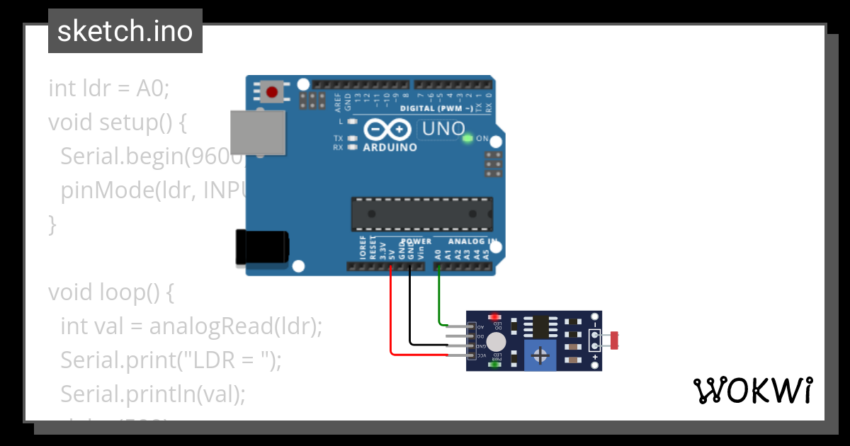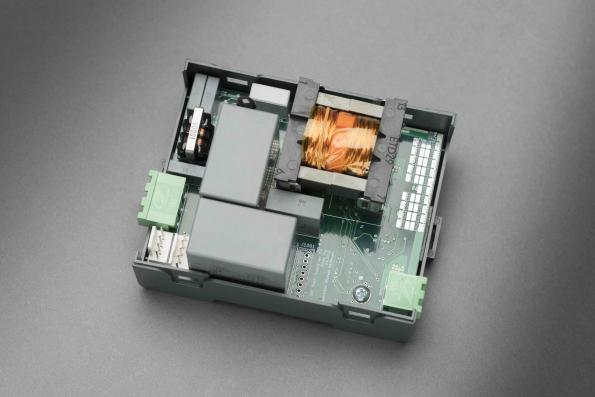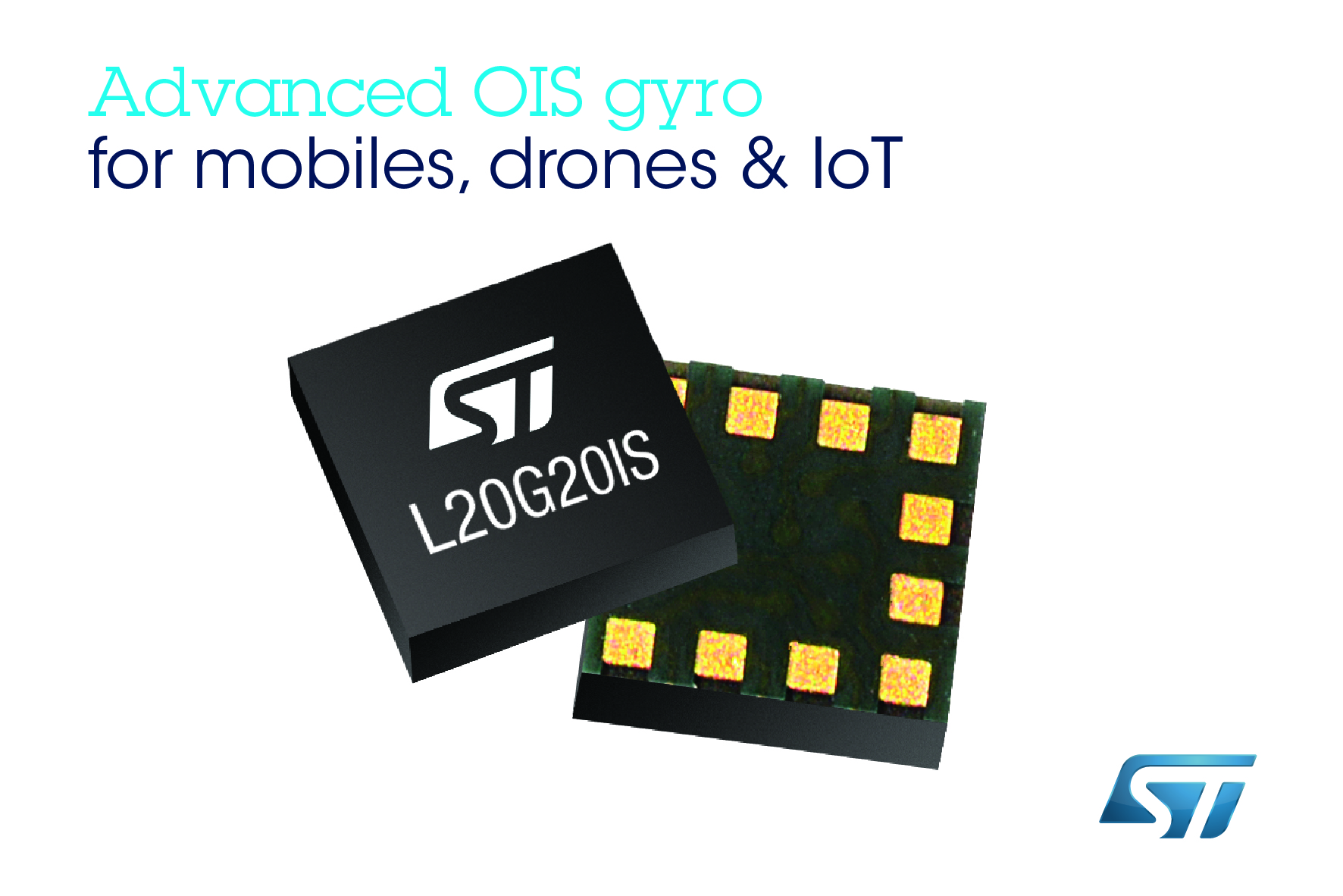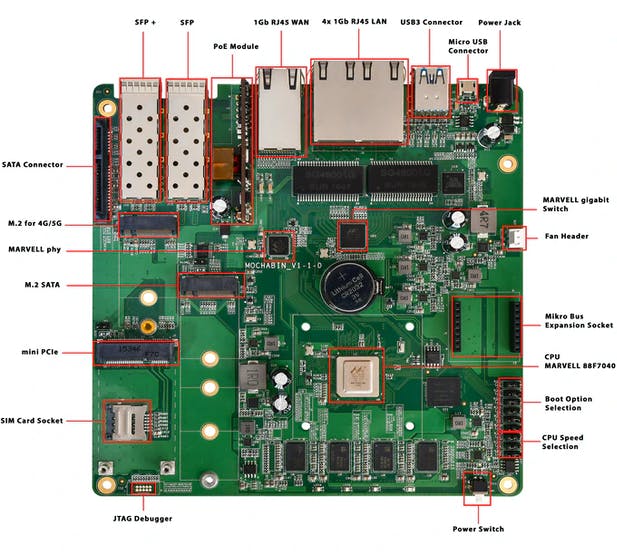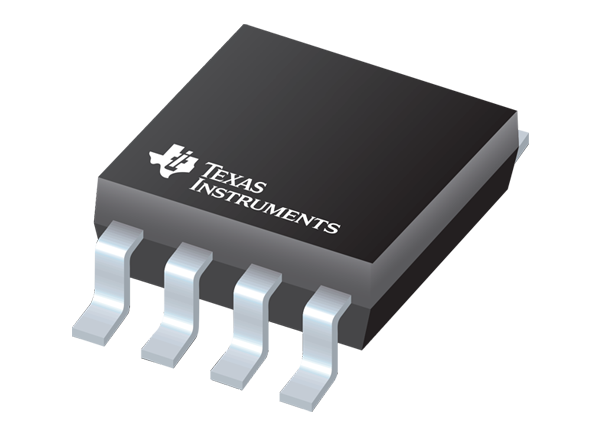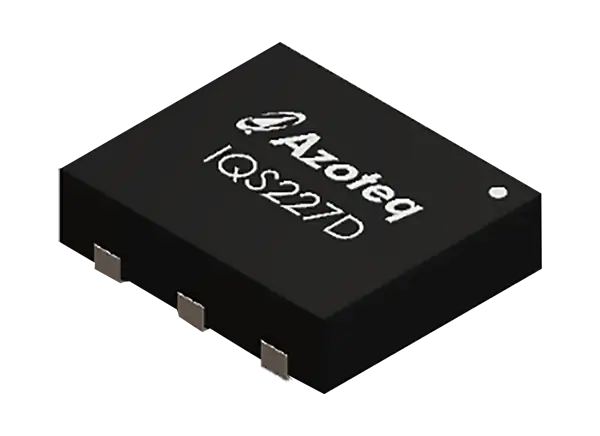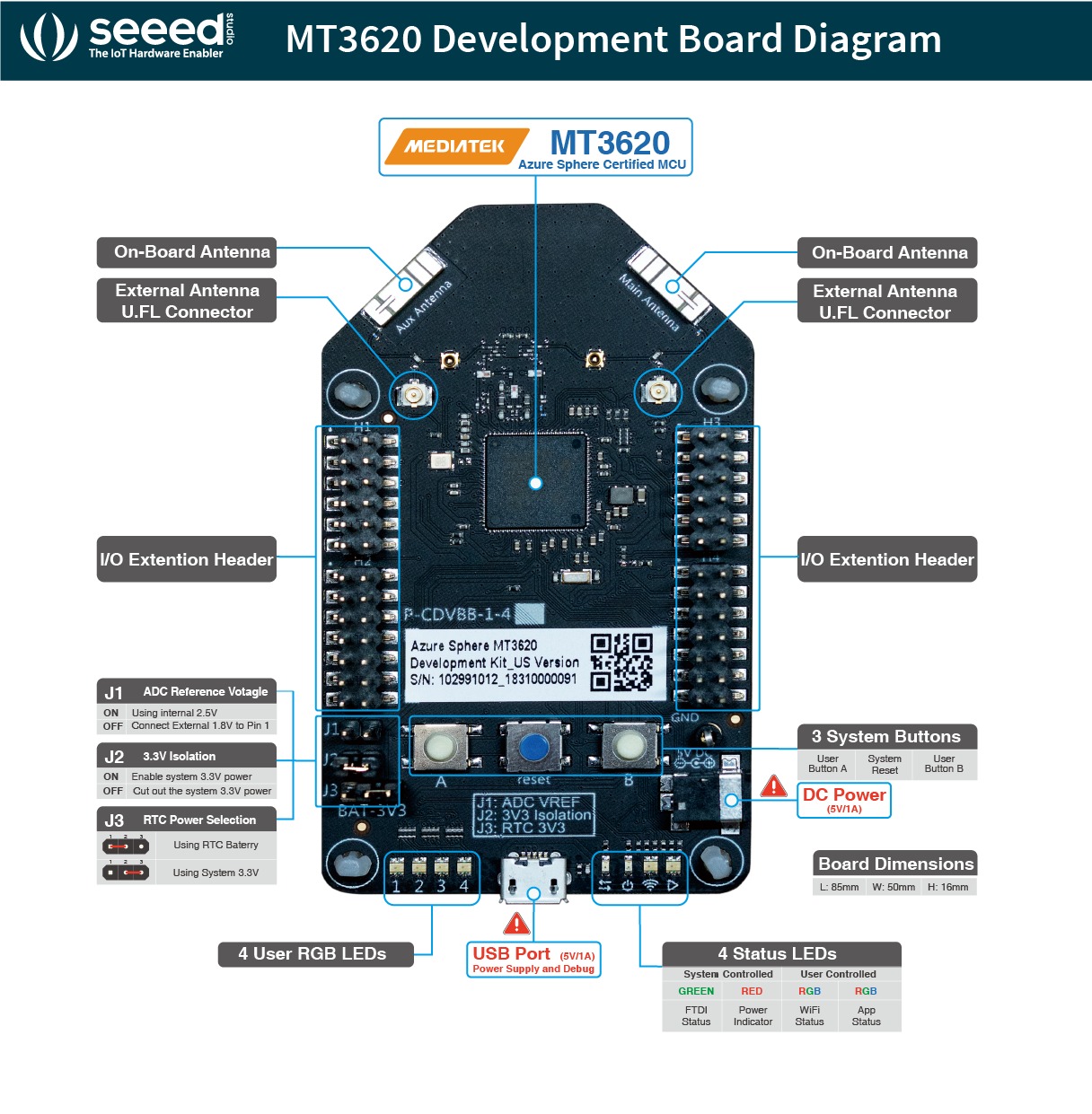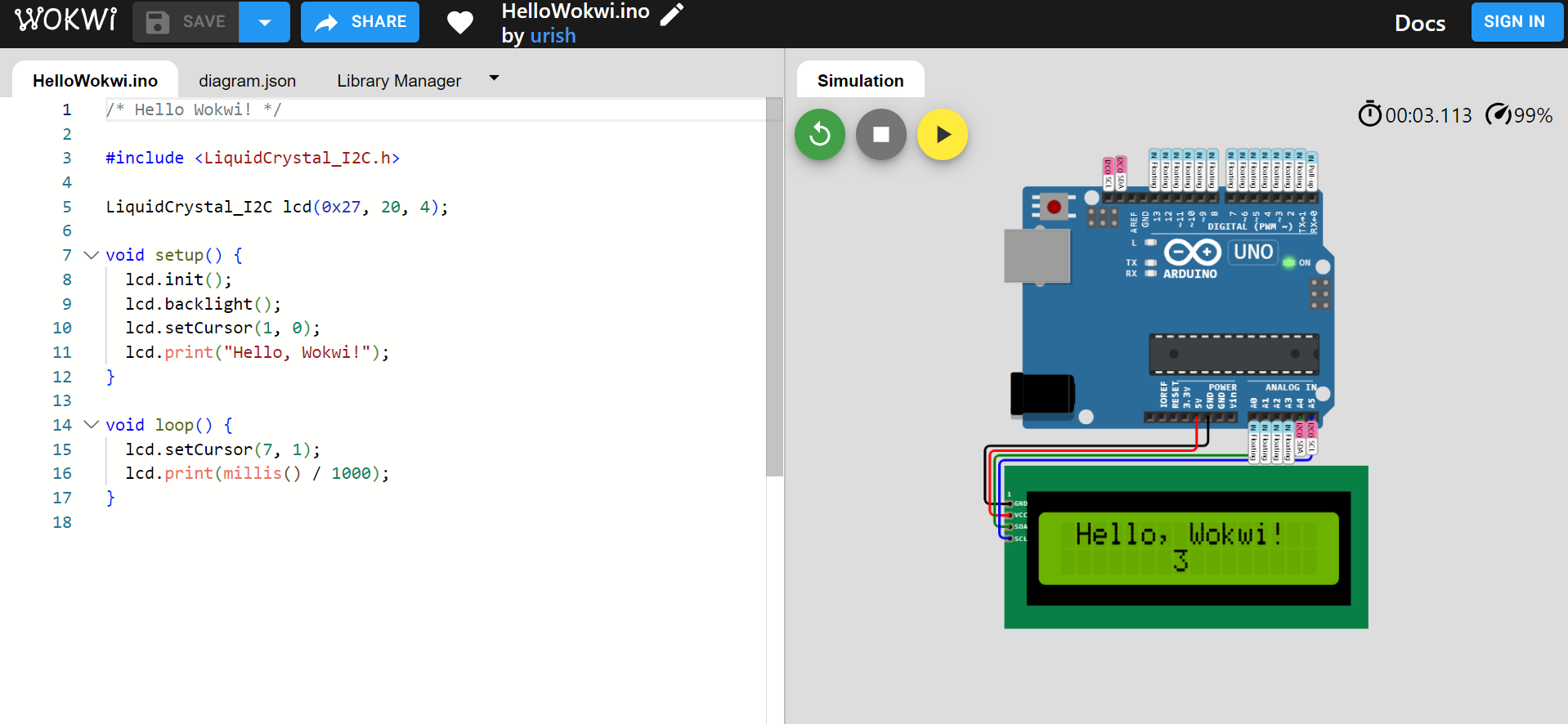
Wokwi is an online simulator for Arduino, Raspberry Pi Pico, and ESP32 boards
Wokwi is an innovative online simulator designed to cater to the needs of Arduino, Raspberry Pi Pico, and ESP32 enthusiasts. But the developers have not stopped there; you can also use this simulator for your custom boards. With Wokwi, you can start coding your next IoT project in seconds without waiting for physical components or downloading extensive software. This platform leverages the power of your browser, providing a seamless experience for programming and prototyping.
With Wokwi, it is easy to get assistance and feedback. It only takes you to share your Wokwi project to receive help and guidance from the community. Whether you are a beginner seeking support or an experienced developer looking to share your expertise, Wokwi creates a collaborative environment where learning becomes easy.
Wokwi also enables you to gain confidence in your code by separating hardware and software issues. This means you can focus on developing your programming skills without being affected by hardware limitations or connectivity concerns. By eliminating these barriers, Wokwi enables you to redefine your coding and create robust IoT projects.
Wokwi allows you to simulate Wi-Fi connectivity, enabling your virtual project to connect to the internet. Even if you are using MQTT, HTTP, NTP, or other network protocols in your project, Wowki supports them all. This opens up several possibilities for IoT projects that rely on internet connectivity.
The simulator also supports a virtual logic analyzer, enabling you to capture and analyze digital signals such as UART, I2C, and SPI. By providing this functionality, Wokwi facilitates in-depth debugging and analysis, enhancing your understanding of complex communication protocols.
For advanced users, Wokwi offers advanced debugging capabilities through integration with the GDB (GNU Debugger). This powerful feature caters to Arduino and Raspberry Pi Pico developers, providing them with a comprehensive debugging toolset to tackle complex projects.
Wokwi’s SD card simulation feature allows you to store and retrieve files and directories from your code. Moreover, club members can upload binary files, including images, further expanding the possibilities for creative projects and simulations.
The platform also has a Chips API, enabling users to create custom chips and parts that can be shared with the Wokwi community. This builds a collaborative environment where developers can exchange their innovation and push the boundaries of what can be achieved in the virtual simulator.
If you are interested in checking out the free-of-charge Wowki online simulator, head to the official website.





